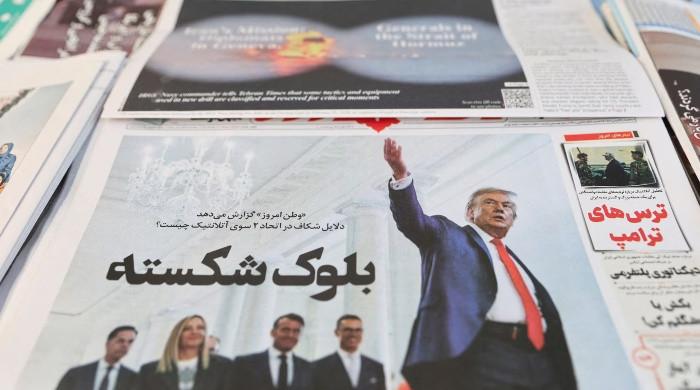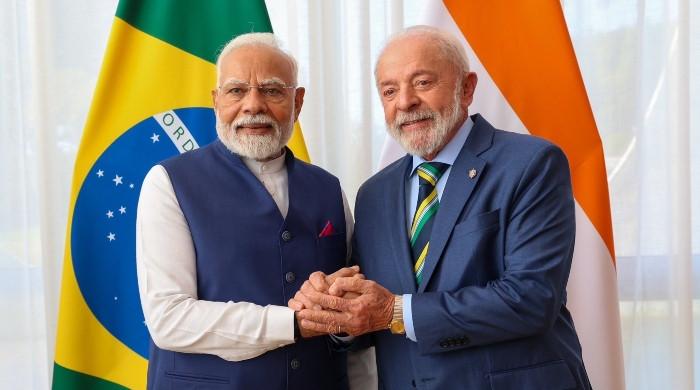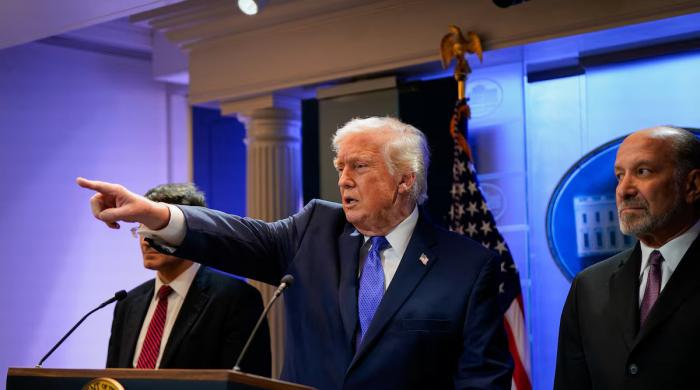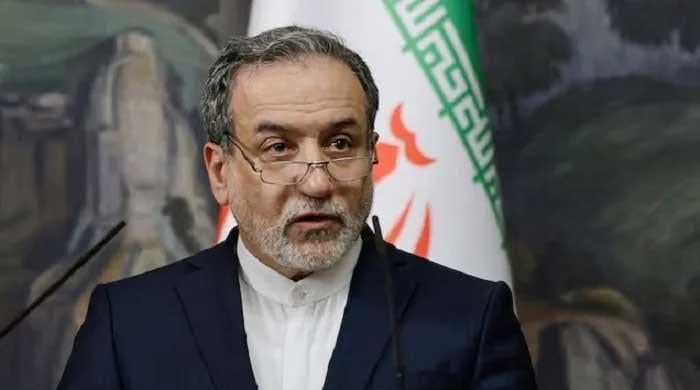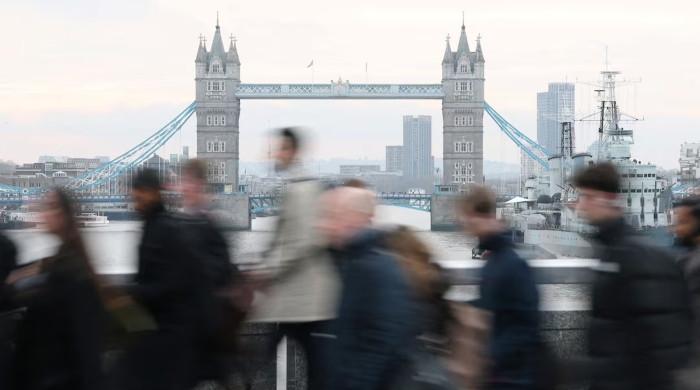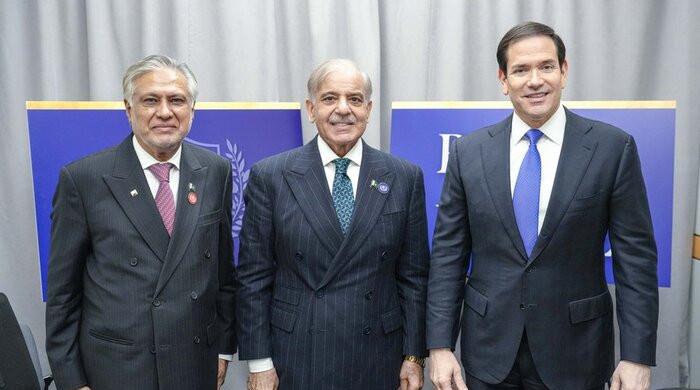Rape 'monstrous act' but death penalty not the answer: UN rights chief
The Bangladesh government of Prime Minister Sheikh Hasina this week introduced the death penalty for rape
October 15, 2020
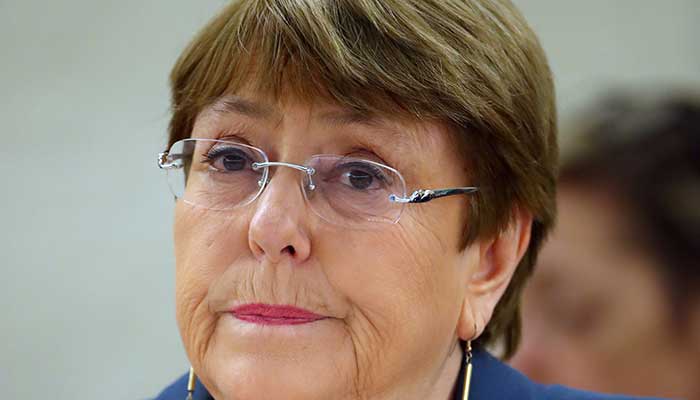
GENEVA: The United Nations human rights chief on Thursday said that while rape is a "monstrous act", the death penalty is not the answer to curb such crimes.
"Tempting as it may be to impose draconian punishments on those who carry out such monstrous acts, we must not allow ourselves to commit further violations," Michelle Bachelet said in a statement.
Her comment came after a Bangladesh court sentenced five men to death Thursday for the 2012 gang-rape of a 15-year-old girl.
It marked the first conviction since the government of Prime Minister Sheikh Hasina this week introduced the death penalty for rape.
Gang-rape already carried the death sentence, but rape by a single offender had previously been punishable only by life imprisonment.
Bachelet cited the law change in Bangladesh, but also calls in a number of other countries to impose the death penalty for rape.
She highlighted calls in Pakistan for public hanging and castration of rapists, and a law introduced in the northwestern Nigerian state of Kaduna last month imposing surgical castration followed by execution in rape cases where the victim is under 14.
"The main argument being made for the death penalty is for it to deter rape — but in fact there is no evidence that the death penalty deters crime more than other forms of punishment," Bachelet said.
"Evidence shows that the certainty of punishment, rather than its severity, deters crime."
She stressed that in most countries, "the key problem is that victims of sexual violence do not have access to justice in the first place."
This was due to a range of factors, including "stigma, fear of reprisals, entrenched gender stereotypes and power imbalances," she said, stressing that handing the death penalty to perpetrators would not remove those barriers.
Five sentenced to death in Bangladesh for gang rape
A Bangladesh court sentenced five men to death today for the 2012 gang-rape of a 15-year-old girl, amid growing public anger over rampant sexual violence.
The sentence was handed down in the northern district of Tangailby a special tribunal set up to deal with cases of abuse against women and children.
Prosecutor Nasim Ahmed said the victim's boyfriend took her to a riverside where she was raped by him and two friends. Two others helped them.
"All five were found guilty and have been sentenced to death," Ahmed told AFP.
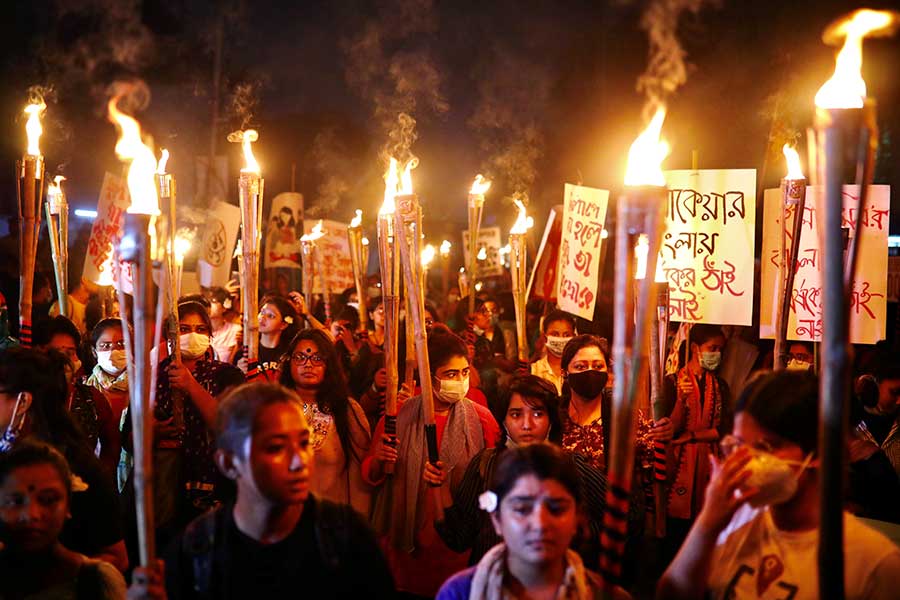
Last week demonstrations broke out across the country after harrowing footage of a group of men stripping and attacking a woman went viral on social media.
National anger over the issue has been simmering since last month, when members of the ruling party's student wing were arrested and charged in a separate gang rape case.
Protesters in the capital and elsewhere have demanded stiffer punishments, faster trials and an end to what they see as a culture of impunity for sex crimes.
Only around three percent of rape cases end in convictions.
At least 208 cases of gang-rape were reported in the first nine months of this year, according to Ain o Salish Kendra, a local rights group.
Bangladesh has hanged 23 people since 2013, while at least another 1,718 are on death row.
Rights activists have criticised the introduction of the death sentence for rape saying it will not reduce violence against women.
"This regressive step is a fig leaf that deflects attention from the lack of real action to address the appalling brutality faced by so many Bangladeshi women," Amnesty International said.
"Executions perpetuate violence, they don't prevent it," he said.




